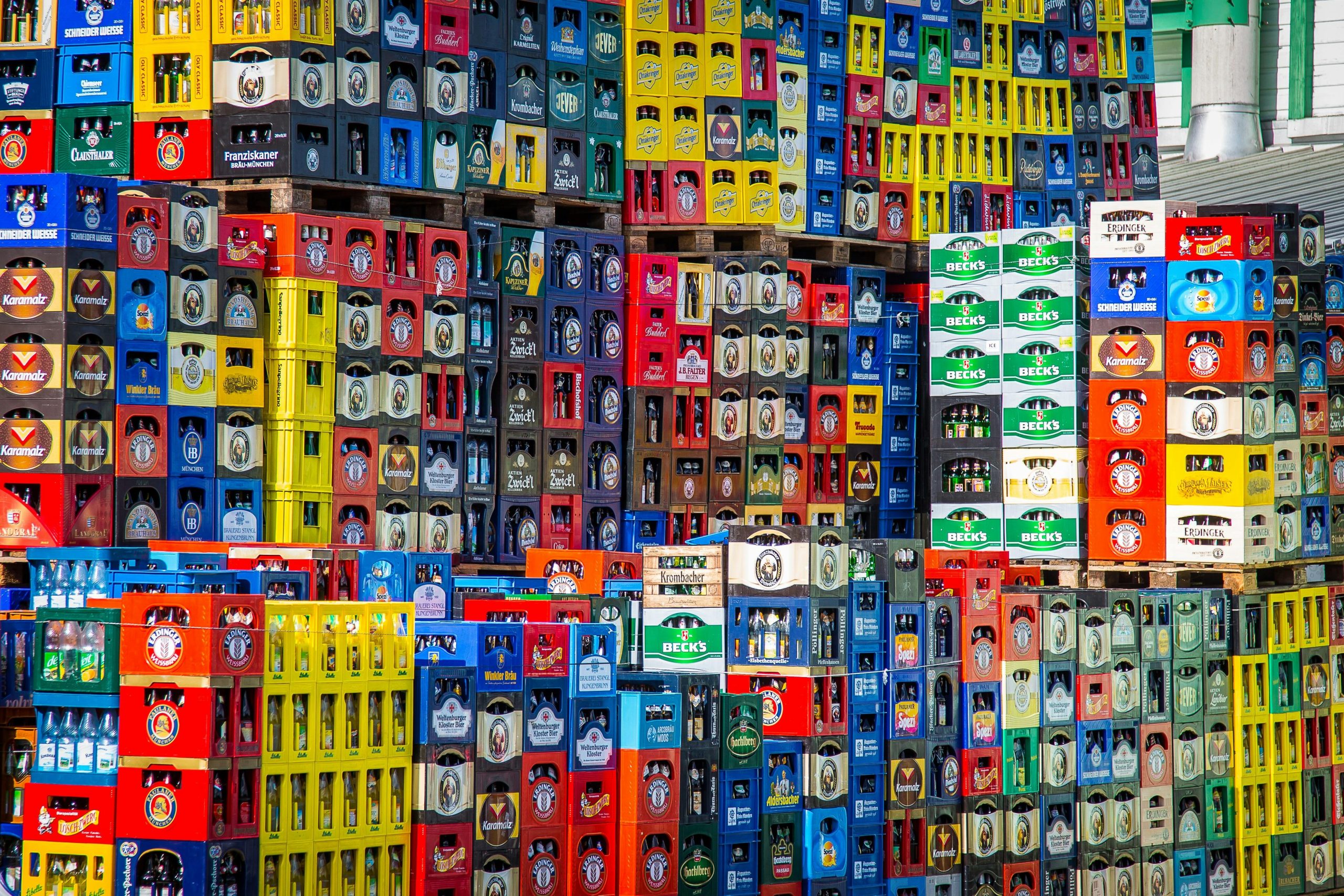Your cart is currently empty!

Steven Coulson
Steven has been drinking beers, wines and spirits for decades and has a propensity to go about them at length after a few drinks.
Latest Posts
- My wife found out our favorite Gin for martinis was discontinued. I think we are good for a while…

- Oregon Road Trip: Freeland Spirits Garden Botanicals Gin

- Botanist with Trader Joe’s Lemon and Elderflower Soda

- I’m one of the worlds leading buyers of craft gin in the world and a international spirit judge AMA

- I’m blown away…. By how let down I am by this Gin.

Categories
Tags
Social Links

The Hidden Psychoactive Qualities of Hops: An Exploration
In the ever-evolving world of craft beer, hops often take center stage, yet their effects can be surprisingly complex and nuanced. Recently, I shared my thoughts on a specific style of beer that really captures my interest: India Pale Ales (IPAs) with high International Bitterness Units (IBUs). The responses to my observation were mixed; some readers echoed my sentiments, while others suggested that it’s merely the higher alcohol content influencing the experience.
Intrigued by this debate, I decided to delve deeper into the relationship between hops and the sensation they produce. My latest experiments involved tasting different types of IPAs, including “Cold” IPAs, which tend to have lower hop content but maintain a similar alcohol by volume (ABV) as West Coast IPAs. Conversely, I’ve sampled Imperial IPAs that pack a hefty ABV punch without the corresponding hop character I crave. To my surprise, neither of those styles hit the mark for me, while a well-crafted West Coast IPA with a modest ABV delivers a euphoric experience.
What really stands out to me is the different feeling that hoppy beers provide compared to a typical alcohol buzz. The sensation is far more cerebral and invigorating, leading me to consider an intriguing hypothesis: could hops possess psychoactive properties under certain circumstances?
This line of thought leads to a few possibilities. It’s worth contemplating whether the fermentation process enhances the bioavailability of certain compounds in hops. Additionally, the presence of alcohol might amplify the effects of these compounds, or perhaps it plays a role in allowing hop-derived elements to cross the blood-brain barrier.
Interestingly, I don’t experience any negative reactions associated with hops, such as hives or itching. Rather, the feelings I encounter are purely positive—pure euphoria without the discomfort that might suggest a sensitivity.
Moreover, it begs the question: why have hops become such a fundamental component of beer throughout history? While beer existed long before hops became a staple ingredient, their widespread acceptance points to a compelling reason that transcends mere tradition. It’s essential to recognize that the incorporation of hops reshaped the beer landscape, and there’s a good chance that uncovering their psychoactive potential, even in subtle ways, is part of that appeal.
In summary, the allure of hops goes beyond flavor and aroma; there may be an entire dimension of enjoyment waiting to be explored. As the craft beer community continues to
